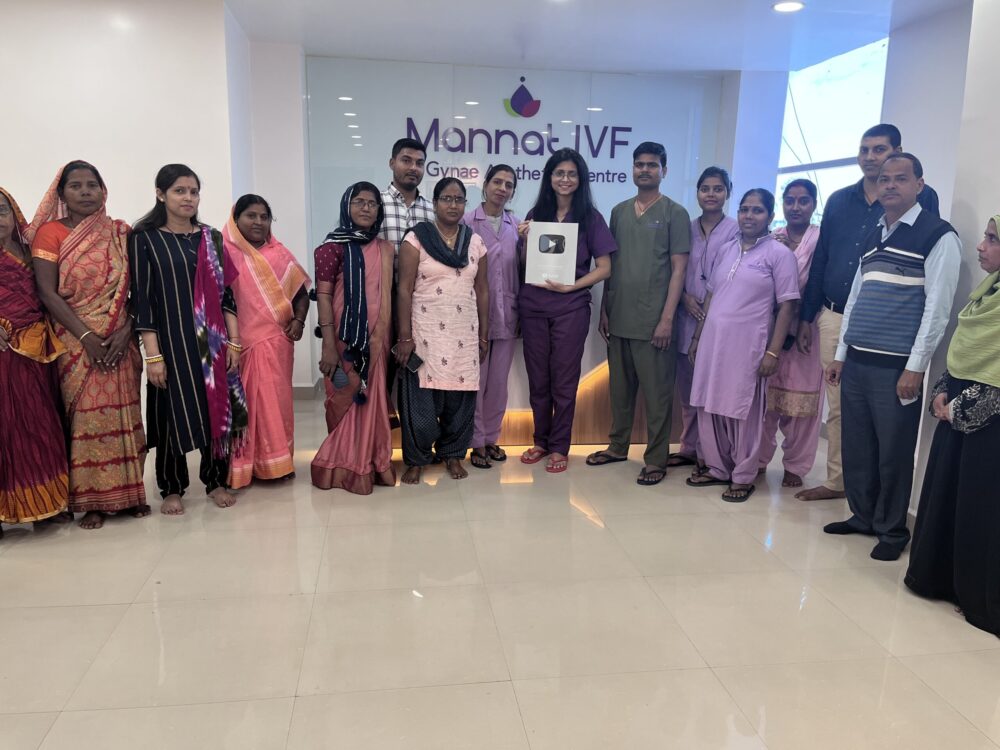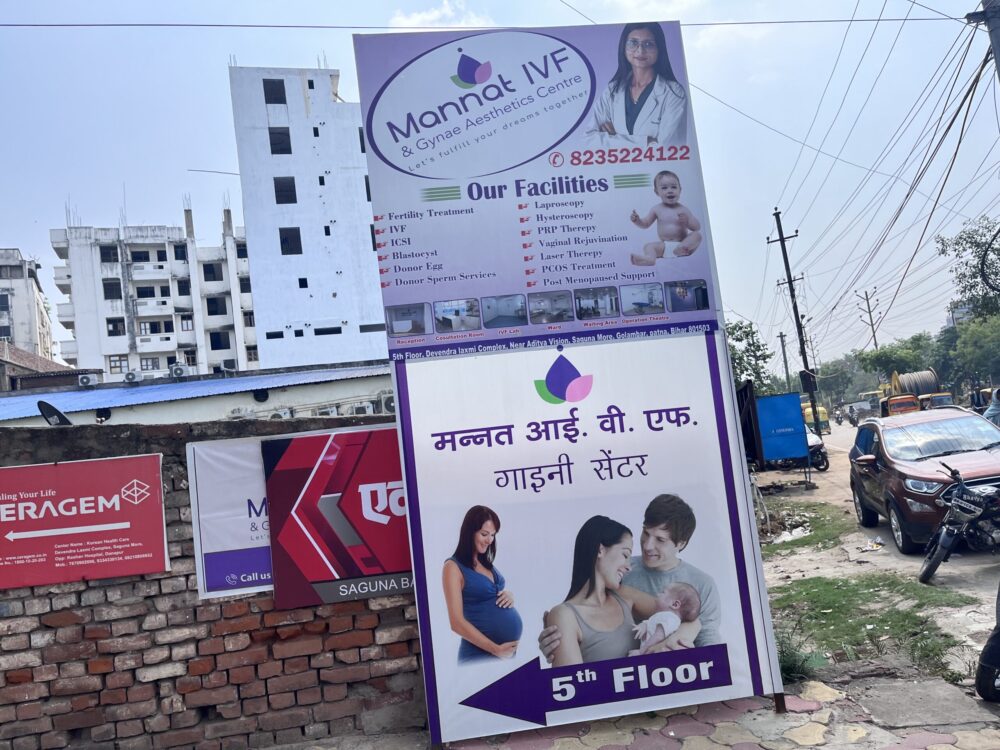FAQs
In Vitro Fertilization (IVF), a prominent assisted reproductive technology, is a crucial treatment of IVF for infertility. This procedure involves extracting an egg from a woman’s ovaries and combining it with sperm outside the body, allowing fertilization in a laboratory setting. The fertilized egg, or embryo, is then implanted into the woman’s uterus to establish pregnancy. The IVF test tube method is a significant aspect of means of IVF, providing hope to many couples. The best IVF centre in Patna offers advanced techniques and expertise in the treatment of IVF, ensuring high success rates for couples seeking to start a family.
The cost of IVF treatment in India ranges from Rs. 65,000 to Rs. 3,00,000, influenced by various financial and geographical factors. IVF cost is generally higher in leading metropolitan cities compared to less financially affluent areas. Additionally, costs vary based on the professional expertise and success rates of service providers. Notably, this estimate does not include the cost of medicines and investigations involved. Understanding these factors is crucial for those considering IVF, as the IVF pregnancy price can significantly impact the overall expenses.
The best way to choose an IVF doctor is by selecting the best IVF hospital. The hospital should have a team of professional experts and skilled specialists in Surgery, Gynaecology, Embryology, and Genetics. Additionally, the success rate of the hospital in performing successful IVF procedures is crucial, as it ensures the expertise of the specialists. Prioritizing these factors will help in making an informed decision for effective IVF treatment.
The IVF procedure is an ideal choice for women who cannot conceive naturally. The best age for a successful IVF procedure is typically in the mid-20s. After a woman reaches her mid-30s, the success rate tends to decline steadily. Therefore, considering IVF treatment at a younger age increases the likelihood of success.
In Vitro Fertilization (IVF), known as ‘in glass’ fertilization, is a medical procedure used in infertility treatments. During IVF, an egg is retrieved from a woman’s ovaries and combined with sperm outside the body, allowing fertilization to occur in a laboratory. The resulting fertilized egg, or embryo, is then implanted into the woman’s uterus to establish pregnancy.
While some research studies suggest a slightly higher occurrence of birth abnormalities in IVF-conceived babies compared to those conceived through standard conception, this increase may be influenced by factors unrelated to the IVF procedure itself. It is crucial for couples or women to understand the rate of congenital disabilities and other potential risks to the expectant mother’s reproductive health before beginning IVF treatments. The risks associated with normal birth and IVF are likely inherent.














